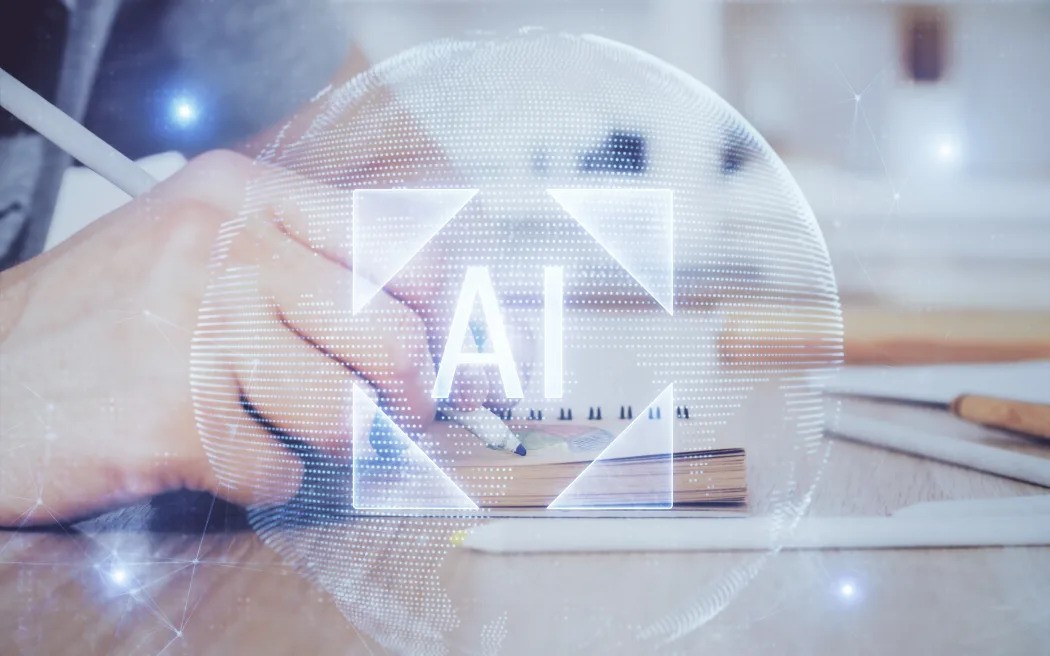Artificial intelligence (AI) is anticipated to impact nearly 40% of global jobs, with the International Monetary Fund (IMF) revealing that in most scenarios, it is likely to exacerbate overall inequality. Managing Director Kristalina Georgieva emphasized the need for policymakers to address this concerning trend and prevent technology from heightening social tensions.
The IMF’s analysis suggests that advanced economies may witness AI affecting around 60% of jobs, with half of these instances leading to improved worker productivity. However, in the remaining cases, AI could replace tasks currently performed by humans, potentially diminishing the demand for labor, impacting wages, and even eliminating jobs. The IMF predicts a lower impact on jobs in low-income countries, where only 26% are expected to be affected by AI.

This perspective aligns with a 2023 report by Goldman Sachs estimating that AI could replace the equivalent of 300 million full-time jobs. While acknowledging the potential for new job creation and increased productivity, concerns persist about the adverse effects on income distribution.
Georgieva pointed out that many low-income countries lack the necessary infrastructure and skilled workforce to harness AI benefits, posing a risk of widening global inequality over time. The IMF particularly highlights the potential for a disproportionate increase in wages for higher-income and younger workers, leaving lower-income and older workers at a disadvantage.
To address these challenges, Georgieva emphasized the importance of countries establishing comprehensive social safety nets and implementing retraining programs for vulnerable workers. This approach aims to make the transition to AI more inclusive, safeguarding livelihoods and mitigating inequality.

The IMF’s analysis coincides with increased global attention on AI, evident in discussions at the World Economic Forum in Davos, Switzerland. The technology is facing growing regulatory scrutiny worldwide, with the European Union reaching a provisional deal on comprehensive laws to regulate AI use.
China has already implemented some of the world’s first national regulations on AI, and the United States, under President Biden’s executive order, requires developers to share safety results related to AI with the government.
Additionally, the UK hosted an AI Safety Summit, where multiple countries signed a declaration on the safe development of AI technology. As the impact of AI on employment and inequality continues to unfold, global efforts are underway to strike a balance between technological advancement and societal well-being.


